
My autistic son loves music. One afternoon, when he was nine, I downloaded GarageBand to his iPhone to help with the boredom of a long wait at a doctor's office. Instead of pacing or escalating into a meltdown, he spent the entire hour and a half practicing, learning, and composing. When we finally left that day, the rest of us exhausted and irritated, he shared his first composition with a big smile.
I didn't think much of it at the time. Like most parents, we focused on keeping our kids off of technology as much as possible. But this meant that we missed some crucial ways that technology could help our kids learn and grow. The importance of digital tools became more and more clear to us as my son got older and wanted to explore music in more profound ways.
My son's fourth grade teacher reintroduced him to GarageBand the following year because she was tired of him distracting his peers when he finished assignments early. She handed him an iPad and pair of headphones and told him to "try it out." No instruction whatsoever. Two hours later, he brought her four completed songs and asked to share them with the class.
"Your son appears to be gifted in music," she wrote in an email that afternoon.
His musical gift wasn't news to me. At fourteen months old, my son waddled over to a drum set, pulled himself onto the stool, and began to jam. No random slamming of sticks onto drumheads — he created a consistent, steady beat from the start.

Hannah Grieco/Gadget Hacks
My husband and I bought him a drum set, which he played for several years, until one day he told me, "The noise hurts my ears. I want to play the violin instead."
So we moved on to violin, then trumpet. Each time, the music teachers' eyes lit up with delight upon hearing his first attempts. Unfortunately, every instrument brought the same challenges.
Autism Spectrum Disorder is defined by the CDC as "a developmental disability that can cause significant social, communication and behavioral challenges." It involves difficulties with language (and sometimes the act of speaking itself), repetitive physical motions, sensory challenges, executive function difficulties, and mood dysregulation. It can also lead to what my family likes to call "boosts." My son, for example, hyper focuses, seeing details that the rest of us cannot see. He will spend hours writing, building an advanced Lego set, or figuring out a complicated math problem — and he enjoys those experiences.
His low frustration tolerance means, however, that even one small mistake can lead to a meltdown, which creates a significant barrier to traditional music instruction. And the loud noise of group rehearsals was a sensory nightmare for him. He refused any attempt at band or orchestra, which limited his ability to connect with others and be a part of something bigger.
As a musician myself, it broke my heart to watch him give up on something so important. And I continued to resist digital technology for years. I wanted my son to read real books, play real instruments, and experience real life — not spend his days glued to a screen.
But that email from his teacher was a wake-up call.
That afternoon, I tried my hand at GarageBand and struggled to complete even one amateurish track. I found the small details of instrumentation and looping overwhelming. I realized right away that I needed to reframe my understanding of both music instruction and what technology offered to kids like my son.
"When presented with thoughtfulness, apps and digital technology can be extremely motivating and engaging," Kerry Devlin, a board-certified music therapist, told Gadget Hacks. In her therapeutic work with autistic clients, she has found that technology like GarageBand can be more accessible for some students than live music-making. During sessions, she frequently has clients compose and record original compositions, as well as create musical sound effects within client-written stories.
Devlin also knows that many people on the spectrum experience movement and sensory differences that can make learning to play an instrument difficult. She believes that digital music technology does not replace the act of learning to play an instrument but offers a different, high-quality music-learning process.
GarageBand can be tricky for someone like me, who barely notices small details and finds repetition tedious. Conversely, it can be intuitive and extremely engaging for someone who finds detailed work fascinating, enjoys the control of creating an entire piece themselves, and finds social interaction creatively draining instead of inspiring. My son learned the basics quickly, through trial and error, and Devlin has found that to be the case for most of her clients. One doesn't need to be gifted in music to compose, and GarageBand opens that door to students who might otherwise have less access to music instruction.

Hannah Grieco/Gadget Hacks
Additionally, giftedness can be challenging to identify for many autistic kids; even more so in the fine arts when sensory and emotional regulation issues interfere with the ability to display understanding or talent. In times like this, GarageBand can be transformative. The large visuals help children with fine motor skill challenges. The linear movement along the musical timeline and the ease with which students can undo mistakes allow those with limited frustration tolerance to engage in a way they never realized was possible.
My son has not had a single meltdown while composing digitally. The same child who threw his violin to the floor in a rage after missing a single note — taps "undo" when a loop doesn't work, shrugs, and continues composing.
There are countless similar stories from teachers, music therapists, and parents of autistic children. But what is the science behind this?
One theory is that social interactions are highly stressful for autistic people, and music (when done individually) allows children and adults to focus intently on an area of interest without the need for social interaction, according to a 2014 review published in the journal Cochrane Systemic Reviews. Apps like GarageBand, referred to as digital audio workstations, offer that opportunity for learning without that anxiety.
Another study, published in 2017 in the journal Frontiers in Psychology, suggests that autistic people have more of an appreciation for dissonance and less-traditional-sounding music. Digital composition offers a wide range of sound effects and instrumentation, as well as limitless options for combining and looping, giving digital composers more options.
Additionally, several studies into autistic musicians and perfect pitch have suggested that "people with autism have a heightened ability to perceive details but struggle to compile information together into a larger whole," according to the Interactive Autism Network. The ability to chunk digitally, to create loops and carefully assign small details, seems to support this neurological need.
"My son prefers to try to make his own music and replicate songs by ear, rather than learning more traditionally. When he describes the music he hears in his head, it's clear he hears a complete composition with all the instruments together," Amanda Morin, the author of "The Everything Parents Guide to Special Education," said of her musically-inclined, autistic 9-year-old. "Apps make it easier to put what's in his mind into a recording, rather than trying to pick out the notes on one traditional instrument at a time."
She also finds that fine motor skill challenges play a role. It's far easier for her son to compose music digitally because it bypasses that motor frustration. His digital creations aren't just reliant on GarageBand — he uses other apps, as well: "He uses Launchpad, a free iOS app, to create music for video games that he's imagined," Morin said. "He'll create one piece for the main menu, another piece for regular gameplay, etc."
My son borrowed my iPhone early to compose. As he gained experience and expertise, he also moved on to a variety of other more advanced apps and programs. He uses both Cubasis (a $49.99 app for iPad) and FL Studio (a mobile version is available on iOS and Android and as a full-fledged workstation on Windows and macOS), depending on if he's on a phone, tablet, or laptop. He now primarily uses an Android but sometimes goes back to an iPad for the ease and comfort of GarageBand.

Hannah Grieco/Gadget Hacks
Much of life feels out of control to my son — this world is harsh and loud, with its endless loop of adults telling him what to do. Having his phone in his pocket is soothing, and having the option of plugging in headphones and working on a composition allows him to tolerate once-overwhelming experiences. A two-hour wait at the doctor would once have led to a meltdown and potential elopement (running away). A crowded restaurant would make dinner out impossible. Now, when he gets stressed, he takes a break and writes a song. Smiling and eager, he brings it over to me to hear.
The world is more accessible with this tool in his pocket.
It has also helped him to verbalize feelings he couldn't verbalize before. When stressed or panicked, my son loses his ability to speak. Losing his speech becomes frustrating for him and even dangerous, at times. He struggles to identify some of his emotions. He feels things deeply but cannot always label or understand those feelings.
Music changes that for him: not just listening, but composing. When overwhelmed, he sometimes creates a song or section of a song to share with me. He'll play his composition, layering specific sounds to communicate.
"Do you hear how angry that is?" he'll ask, adding in crashing cymbals and an intense, punishing bassline. "Like thunder. Like screaming giants."
Through the ensuing back and forth about the music, his feelings about whatever was bothering him become accessible verbally. This kind of communication can happen anywhere, at any time, because of a phone and a free app. Devlin uses GarageBand with her clients for similar reasons.
"One client was having a difficult time managing emotions and implementing self-regulation strategies when needed. We worked together to write and record a story using GarageBand about calm-down techniques," she told Gadget Hacks. "We had a blast taking pictures to match each story element, creating a visual and digital book, and selecting musical sounds that matched different emotions and actions in the story. This is a resource that my client now uses at home, during our sessions, and at school as a reminder of accommodations that are always available when needed."
Long gone are the days when I viewed technology as an opposing force that detracted from my child's learning and growth. Instead, his phone and laptop offer him tools to express his musical talents, as well as a bridge into his own emotions and verbal expression. While I still long to see him play the violin on a stage someday, I'm proud to say that he's eleven and currently working on a full-length album. I'm grateful that I didn't let my biases stand in his way, and I can't wait to see what he composes next.
This article was produced during Gadget Hacks' special coverage on streaming, listening to, and creating music and podcasts on your smartphone. Check out the whole Music and Audio series.
Cover photo by Hannah Grieco/Gadget Hacks





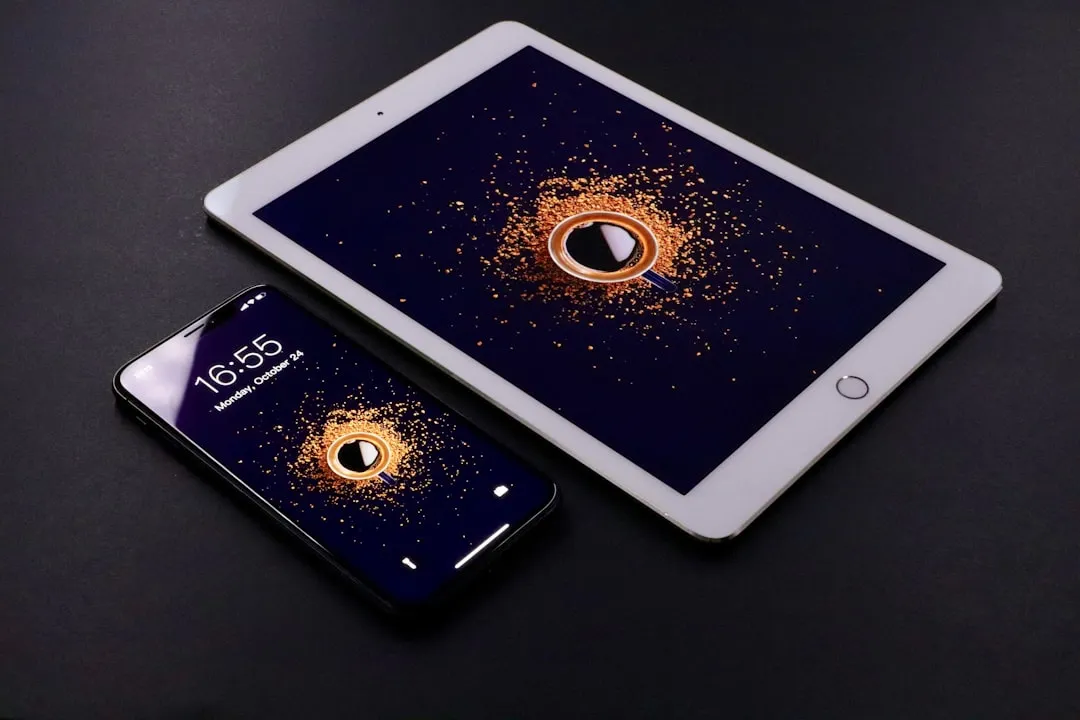
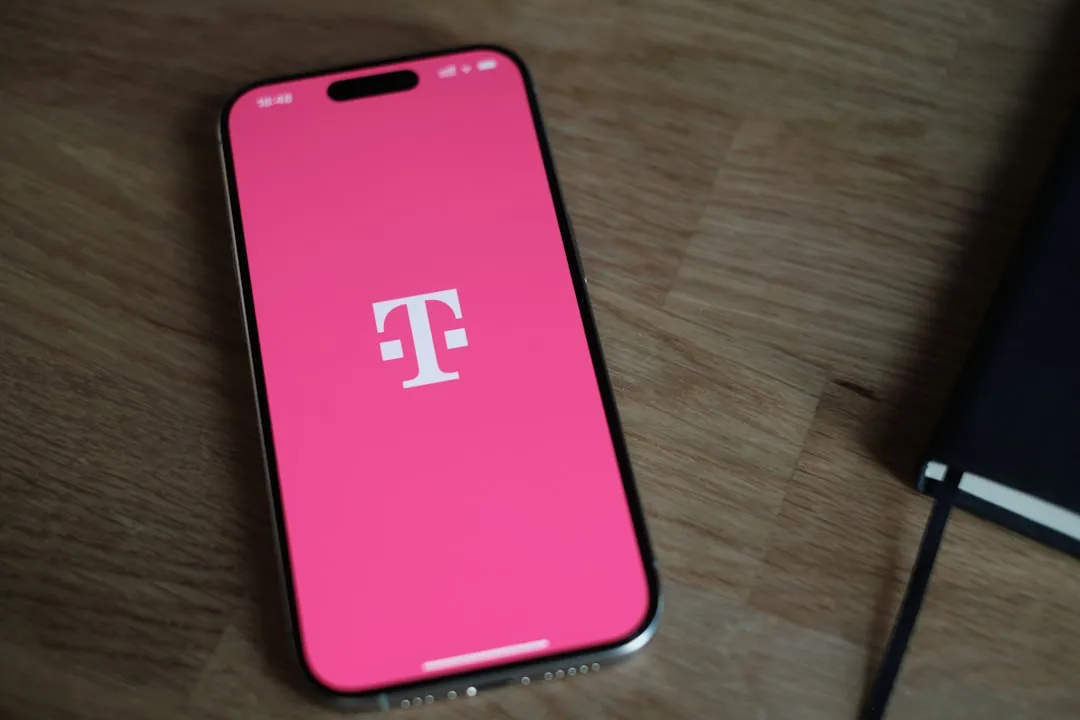
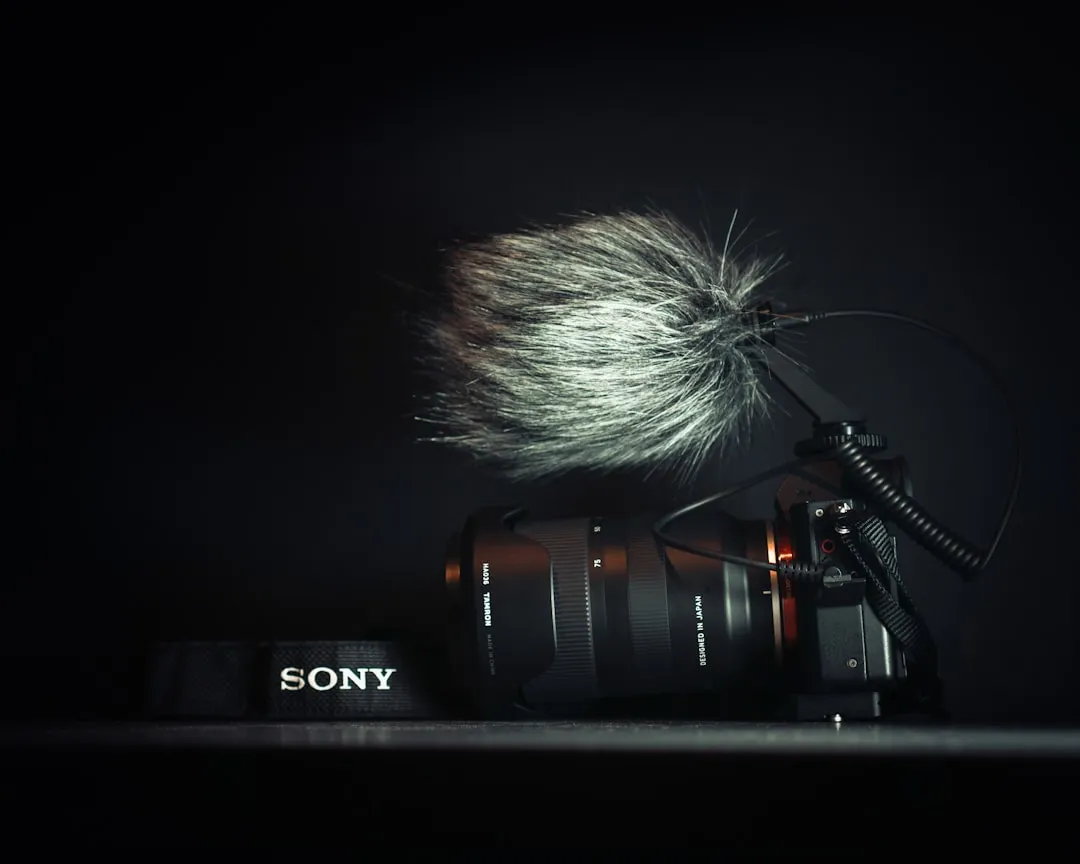
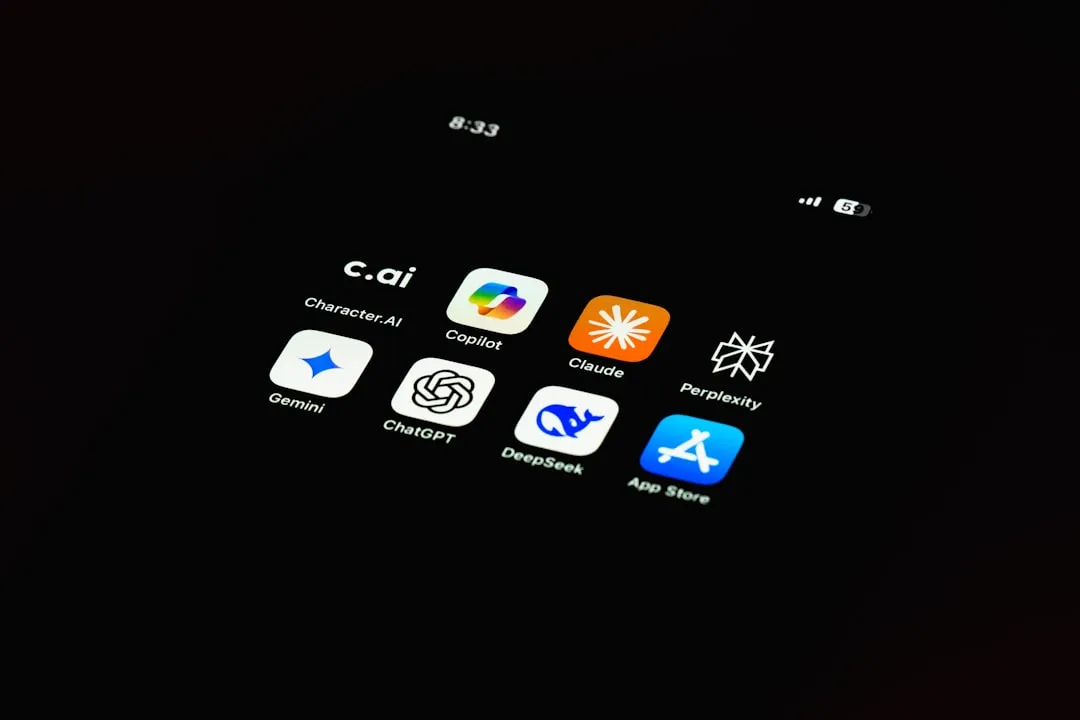















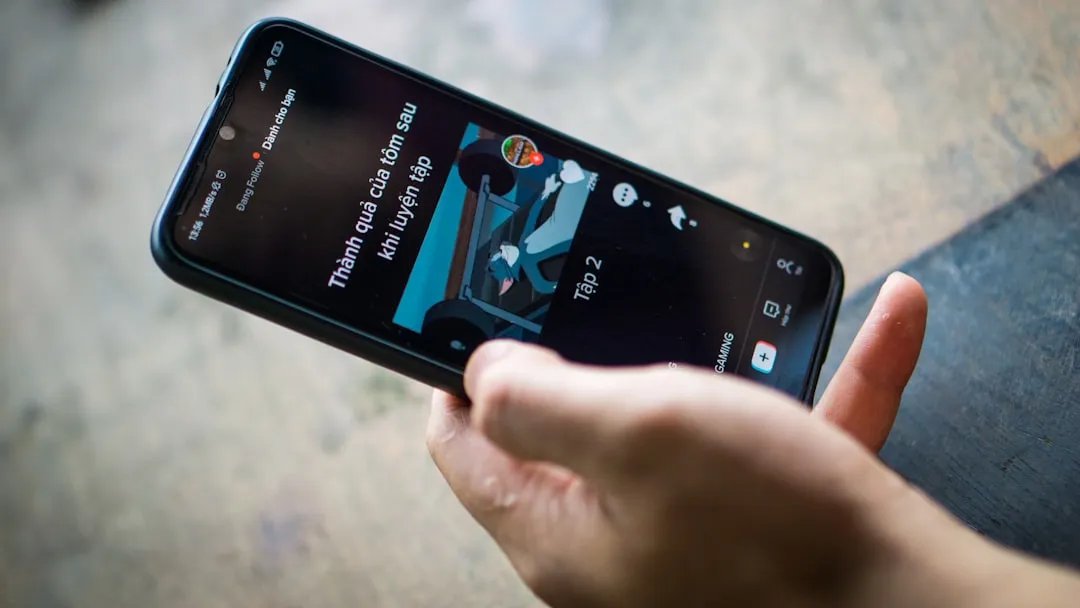
Comments
Be the first, drop a comment!